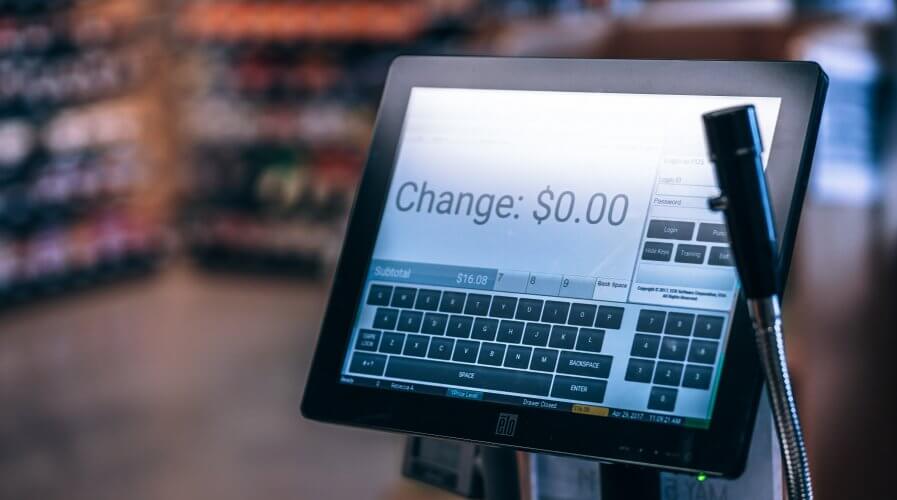
Payment is changing, and the acquisition trend shows that. Source: Pexels.
Fintech acquisitions show change in payments landscape
PAYPAL buying iZettle for US$2.2 billion has been all over the news lately. iZettle being a young fintech that offer tools to help small businesses accept and manage payments.
It’s one of PayPal’s largest purchase to date, but they are not the only ones paying big bucks for fintechs. This trend is resonating across the financial world, and shows how the payments industry is changing drastically.
There are several reasons for acquisitions. One of the main reasons, is to gain additional capabilities to strengthen a company’s portfolio. While companies can try to innovate and invent similar solutions on their own, the market often moves too fast for that to be a viable option.
That is exactly what is happening in the payments space.
Just look at a few acquisitions in the past year. JPMorgan Chase bought payment companies WePay and MCX. Mastercard closes its deal of Vocalink for US$920 million. Card processing company Vantiv acquires UK payments company Worldpay for US$ 10 billion. China-based Ant Financial was willing to bid US$1.2 billion for MoneyGram, until US government put a stopper on it.
All that shows tremendous investments being poured into payment based fintech companies.
What all these fintechs have in common, are abilities to process payments faster. Some enable small businesses to accept card payments; others operate mobile wallets, allowing money transfers without an intermediary.
This has rendered many traditional payment gateway companies redundant. Card payments might still be popular today, but slowly more and more companies are diversifying its portfolio. Notably, investments are made in making payments more inclusive, as well as taking advantage of mobile platforms.
A major trend, as reflected in the iZettle acquisition, is enabling small companies to accept card or other non-cash-based payments. iZettle, along with rival Square, also provides services like inventory management, capital provision and invoicing.
This makes sense. 99 percent of businesses globally are SMEs. This is a huge market that is underserved by major corporations. Fintechs like iZettle helps drive up consumer sales by providing customers payment choices.
On the other hand, payments are increasingly going mobile. Peer to peer transaction is becoming the preferred method of payment. Banks and cards are not necessarily needed in any of the processes.
This is the major blow that is coming to banks and other incumbent financial institutions, if they don’t marry up to fintech companies now.
When there is so much at stake, it’s no wonder that companies are investing bucket loads of money into payment fintechs.
READ MORE
- Ethical AI: The renewed importance of safeguarding data and customer privacy in Generative AI applications
- How Japan balances AI-driven opportunities with cybersecurity needs
- Deploying SASE: Benchmarking your approach
- Insurance everywhere all at once: the digital transformation of the APAC insurance industry
- Google parent Alphabet eyes HubSpot: A potential acquisition shaping the future of CRM


